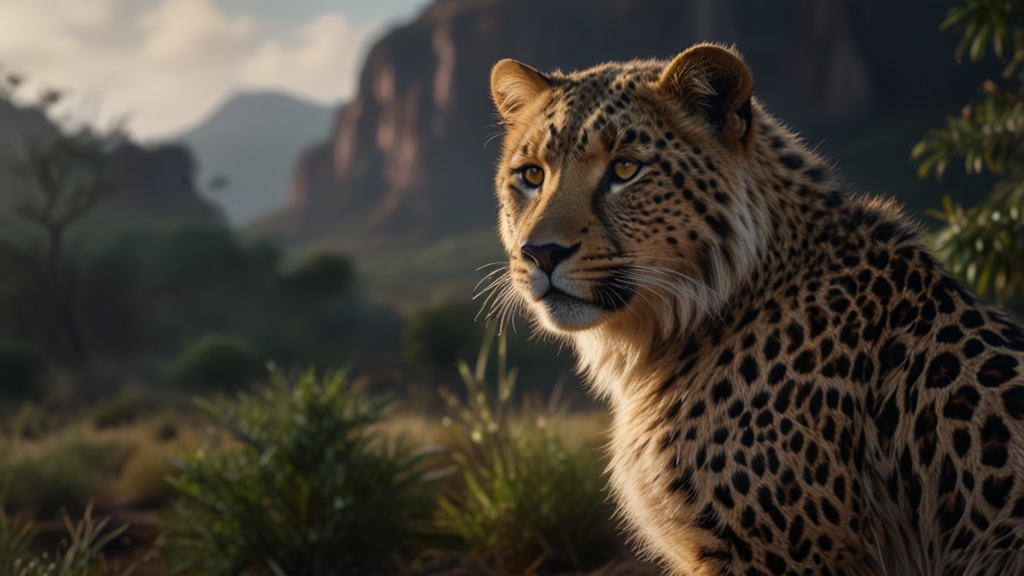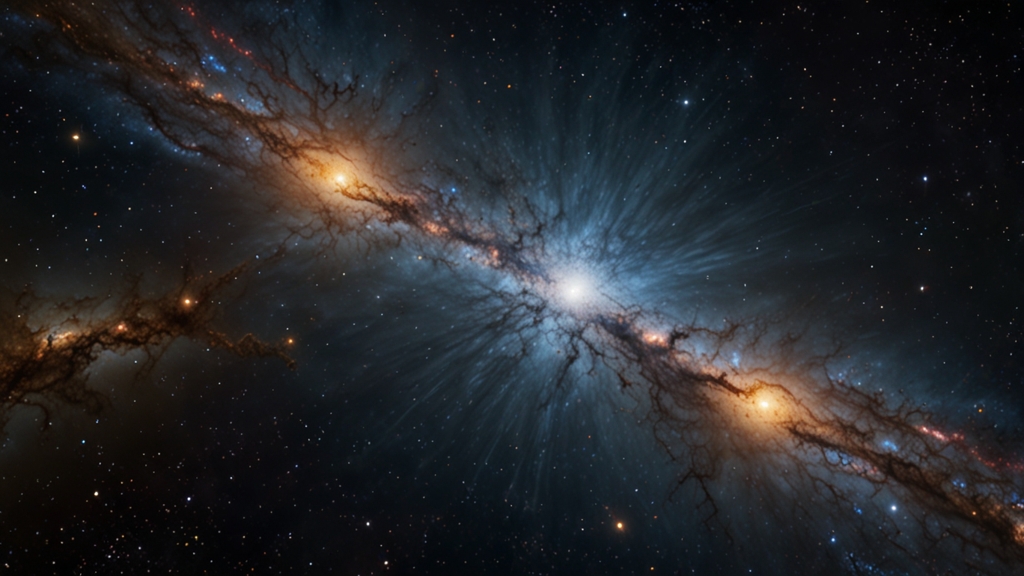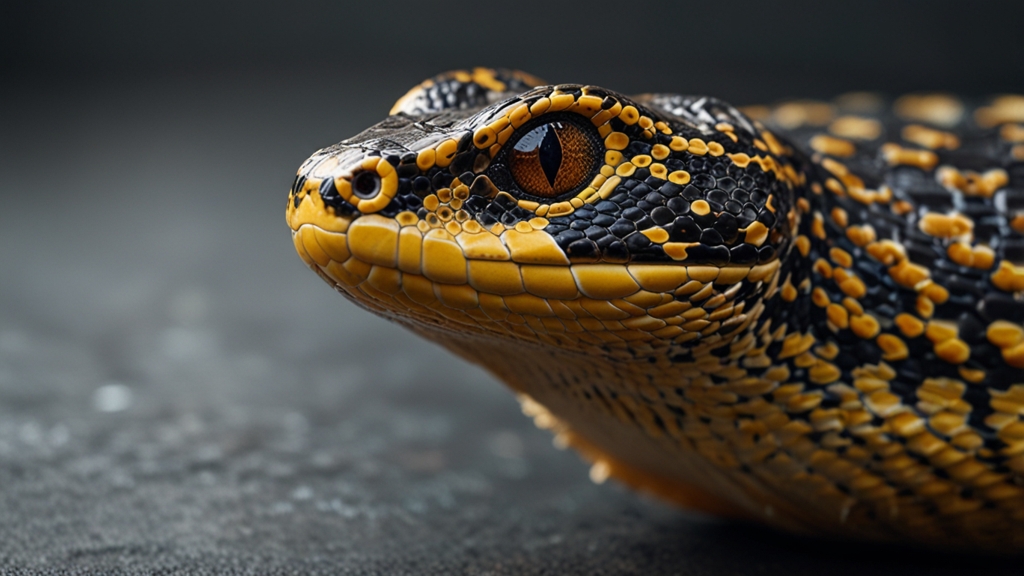The Unsung Heroes of Animal Conservation: Meet the Guardians
In the vast landscapes of our planet, from dense rainforests to arid deserts, there exist unsung heroes dedicating their lives to the protection and conservation of wildlife. These guardians of the animal kingdom work tirelessly, often in the shadows, to ensure the survival of countless species. This article aims to shed light on their invaluable contributions and the monumental challenges they face.
The Ground-Level Warriors
Conservationists on the front lines, commonly known as field biologists or rangers, are often the first line of defense against poachers, habitat destruction, and other threats to wildlife. These individuals brave harsh conditions, from sweltering heat to torrential rains, to monitor animal populations, collect critical data, and enforce anti-poaching laws.
"The work is exhausting and can be dangerous, but knowing that we're making a difference is what keeps us going," says Javier, a ranger in the Amazon Rainforest.
These rangers frequently engage in anti-poaching patrols, placing themselves in harm's way to protect endangered species. Their role is not just about confrontation; it's also about building trust within local communities, who can be powerful allies in conservation efforts.
The Visionaries Behind the Scenes
While rangers operate in the wild, another set of guardians works behind the scenes, focusing on research, policy-making, and education. These include zoologists, ecologists, and even lawmakers who draft and advocate for legislation to protect wildlife and habitats.
"Legislation is a crucial tool in the fight to protect endangered species. Without stringent laws and the means to enforce them, our efforts would be in vain," explains Dr. Samantha Lee, an environmental policy expert.
Research scientists play a vital role in understanding the complexities of ecosystems and animal behavior. Their studies provide the data necessary for creating effective conservation strategies. Meanwhile, educators and awareness campaigners work to shift public attitudes and garner the support necessary for large-scale conservation initiatives.
Community-Driven Conservation
One of the most successful conservation strategies involves local communities. Empowering these communities to take charge of their natural heritage has led to remarkable success stories. Indigenous peoples, who have lived in harmony with their environments for generations, possess invaluable knowledge and a deep cultural connection to the land and its inhabitants.
Organizations like the African Wildlife Foundation (AWF) and the World Wildlife Fund (WWF) often collaborate with local tribes to protect endangered species and habitats. These partnerships not only safeguard wildlife but also provide sustainable livelihoods for the communities involved.
"Conservation is not just about protecting animals; it's about fostering a world where humans and wildlife can coexist peacefully," says Nabaala ole Letoa, a Maasai community leader.
The Power of Technology
Technology also plays a significant role in modern conservation efforts. From satellite imagery used to monitor deforestation to drones that help track animal movements, technological advancements have provided conservationists with new tools to protect wildlife more effectively.
GPS collars and camera traps have revolutionized the way researchers study and protect animals. These tools provide real-time data, allowing for swift action when animals are in danger. Moreover, social media and other digital platforms have expanded the reach of conservation messages, rallying global support and fundraising.
A Call to Recognize and Support
Despite their invaluable contributions, many of these guardians of wildlife receive little recognition. Their work is often underfunded, and they regularly face threats from those who oppose conservation efforts. It is crucial for the global community to acknowledge and support these heroes, whether through donations, policy support, or simply spreading awareness about their work.
In the words of renowned conservationist Jane Goodall, "What you do makes a difference, and you have to decide what kind of difference you want to make." It's time to honor and support the guardians who have chosen to make a positive difference for our planet and its wildlife.







